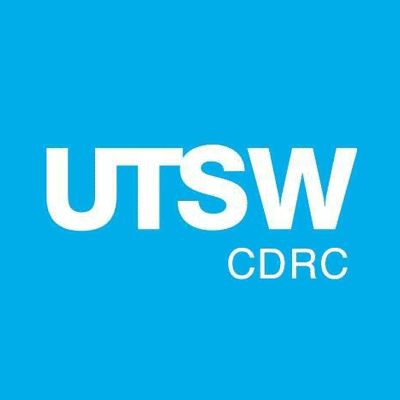- Helios FHIR Server
Helios FHIR Server – Enterprise Edition
The Helios FHIR Server is a commercial-grade, clinical data solution based on the HL7® FHIR® standard and runs on Apache Cassandra™, a robust, high availability, distributed database.
- HL7® FHIR® 4.0.1
- Modern NoSQL Design
- Scale-out Architecture
- Hardened Operational Reliability
- Consulting
- Mastermind Group
- FHIR Training
- The Helios Team
- Contact Us
- Helios FHIR Server
Helios FHIR Server – Enterprise Edition
The Helios FHIR Server is a commercial-grade, clinical data solution based on the HL7® FHIR® standard and runs on Apache Cassandra™, a robust, high availability, distributed database.
- HL7® FHIR® 4.0.1
- Modern NoSQL Design
- Scale-out Architecture
- Hardened Operational Reliability
- Consulting
- Mastermind Group
- FHIR Training
- The Helios Team
- Contact Us





